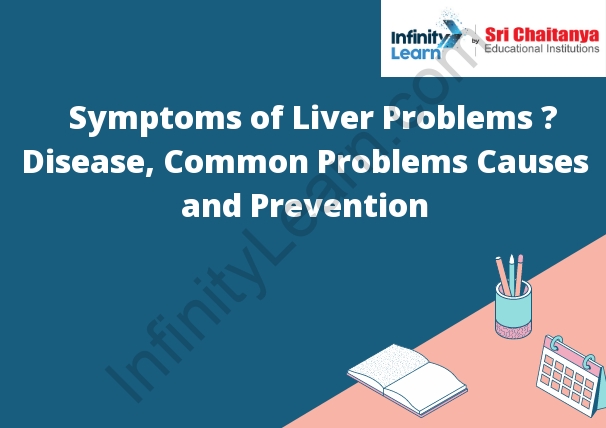Table of Contents
What is the Liver?
Functions of the Liver
The liver is the largest organ in the body. It is located in the upper right side of the abdomen, just below the rib cage. The liver has many functions, including:
• Removing toxins from the blood
• Producing bile, which helps digest food
• Storing glycogen, a form of sugar, for energy
• Producing cholesterol and other proteins
• Regulating blood clotting
• Helping to regulate blood sugar levels

Liver Disease
In liver disease, the liver is not able to work properly. This can cause a variety of problems, including yellow skin and eyes (jaundice), fluid accumulation in the abdomen (ascites), bleeding disorders, and confusion. Liver disease can be caused by a variety of things, including viruses, toxins, genetic disorders, and alcohol abuse. Treatment depends on the cause of the liver disease.
Symptoms of Liver Problems
There are a variety of symptoms that may indicate a person has liver problems. These may include jaundice (a yellowing of the skin and eyes), dark urine, light-colored stools, itching, and swelling in the abdomen. The person may also experience nausea, vomiting, and loss of appetite. In more serious cases, the person may experience confusion and slurred speech.
Common Liver Problems
There are a number of different liver problems that can occur, including cirrhosis, hepatitis, and liver cancer.
Cirrhosis is a condition in which the liver is damaged and cannot function properly. This can be the result of a number of different causes, including hepatitis, alcohol abuse, and fatty liver disease.
Hepatitis is a condition caused by inflammation of the liver. It can be caused by a number of different viruses, including hepatitis A, B, and C.
Liver cancer is a cancer that begins in the liver. It is the fifth most common type of cancer in the world.
Causes of Liver Problems
There are many possible causes of liver problems, including infection, inflammation, damage from toxins, and cirrhosis.
Prevention of Liver Problems
There are many ways that people can prevent liver problems. One way is to eat a healthy diet. This means eating plenty of fruits and vegetables, and choosing lean proteins. It is also important to avoid processed foods and sugary drinks.
Another way to protect the liver is to avoid drinking alcohol. People who drink heavily are at risk for liver damage.
Finally, people can protect their liver by getting regular checkups. Doctors can detect early signs of liver problems and treat them before they become serious.









